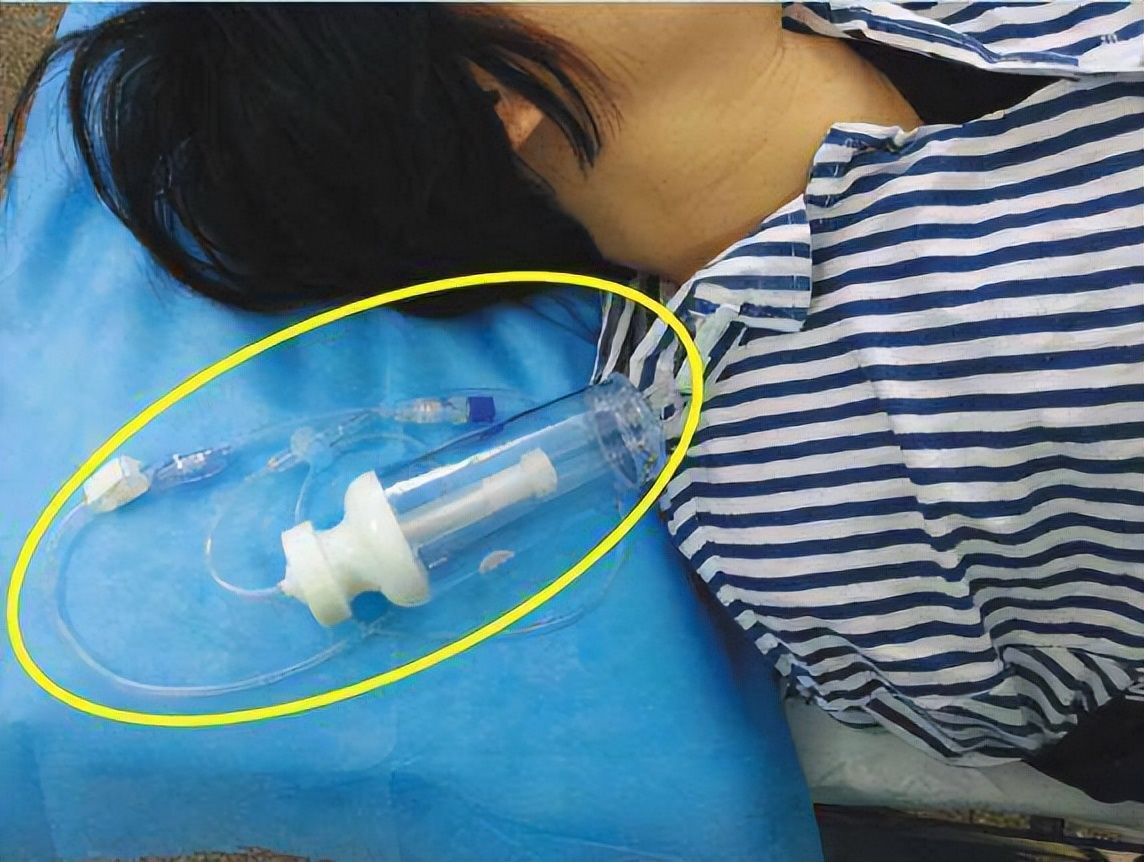At half past six in the morning, Dr. Wang, who was stuck at a traffic light, suddenly received a call from the hospital. The other end of the phone said: The patient who was anesthetized the day before asked him to come and see.

Sometimes, the most urgent thing is not the matter, but the other party’s failure Explain what!
As soon as he heard that the patient was in trouble, he could not wait to put the accelerator on the roof of the car in front of him. It can be said that the daughter-in-law has never been in such a hurry when she is sick. Perhaps, this is the problem of being an anesthesiologist for a long time, getting used to being in a hurry, and occupational diseases.
Finally, a hole opened in the front, and Xiao Wang jumped out with a kick of the accelerator.
It was not yet seven o’clock when I arrived at the hospital.
The security guard at the entrance of the hospital was accustomed to the group of people leaving early, so he didn’t care, he just felt that he seemed to be in a hurry today.
Because the anesthesiology department was on the tenth floor, he had no time to return to the department and ran directly to the general surgery department who called.

After arriving at the general surgery department, I broke into the doctor’s office, took a white coat and left ran out. On the road, while running, while wearing a white coat.
With the guidance of the nurse, he entered the ward.
The scene in front of him really startled him. Because, he has never seen the patient in this state.
Looking at the patient’s eyes with straightening and opisthotonus, he quickly searched for possible causes.
Suddenly, it occurred to him that the book had introduced a complication called “extrapyramidal reaction”.

Extrapyramidal reaction is the excitatory effect of extrapyramidal system due to external reasons, and It can lead to the disorder of the control of the extrapyramidal system by the central nervous system, which increases the excitability of the extrapyramidal system, and as a result, the muscle strength and muscle tone controlled by the extrapyramidal system are out of control, resulting in a series of symptoms related to muscle strength and muscle tone. and signs.
One of these manifestations is this condition, which is medically called “acute dystonia”. The explanation is that the earliest manifestations are persistent tonic contractions of local muscle groups, showing involuntary peculiar manifestations, such as eye rolls, torticollis, neck backward, facial twisting and so on.
What causes this? He searched for information carefully.
Suddenly, he thought of a medicine. Since the operation was a medium-sized breast surgery, he was worried that the depth of anesthesia and analgesia would be insufficient, so he used a powerful neuroleptic drug. Because it can form a classic flufen mixture, it is widely used in adjuvant analgesia for small and medium operations.
But think about it in reverse: No, this medicine has been used for many years, and it seems that I have never encountered such a situation!
Typical symptoms for which the cause has been identified. The priority is to relieve the patient’s symptoms. So he asked the nurse to bring a long-acting sedative. The reason for the use of long-acting sedatives is also because the neuroleptic drugs that cause this symptom have a particularly long half-life. Clinically, an effective approach is to use longer-lasting sedation to suppress this clinical symptom.
While the nurse injected the patient with intramuscular sedative, Dr. Wang helped to hold the patient down to prevent additional injuries due to tampering.

Suddenly, he found the pain pump lying next to the patient.
His shock didn’t come from the patient using an analgesic pump, but because he suddenly remembered the medicine in the analgesic pump!
At that time, in order to enhance the pain-relieving effect of the analgesic pump, and in order not to waste it, he kindly added the remaining half-branch neuroleptic to the analgesic pump. .
It stands to reason that there is no big problem in adding it. Unfortunately, the patient was only 18 years old. The experience of his predecessors told him that young women who use this drug are more likely to have this extrapyramidal reaction.
Alas, good intentions do bad things. At this time, he was very contradictory: should he tell the patient’s family.
After a little hesitation, he chose to tell the truth to the patient. This is not only to reassure family members who do not know medicine, but also to facilitate later treatment and prevent complications from aggravating.
Fortunately, most of the patients do not remember anything during the onset of this complication. If the patient has bad memories, Dr. Wang will blame himself for ignoring the age factor.
After questioning the patient himself, he did not remember anything.
Dr. Wang really felt relieved when he got here.
【Warm reminder】Please pay attention, here are a lot of professional medical science, to reveal the secrets of surgical anesthesia for you~